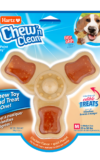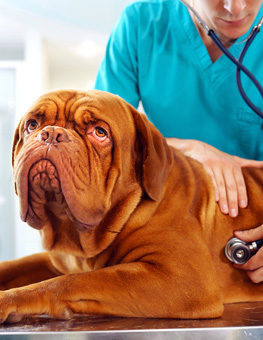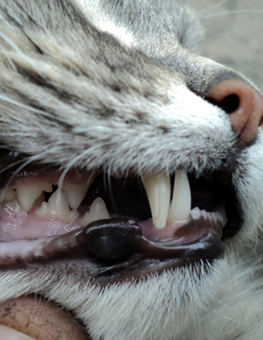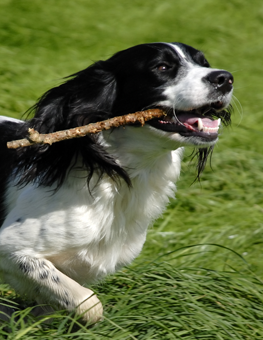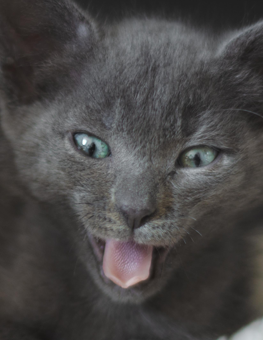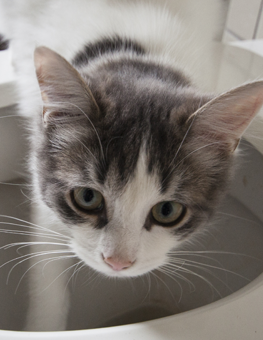Pet Dental Health: Tips for Healthy Chompers
Much like us, our pets' dental health is key to their overall well-being. Maintaining good oral hygiene can lead to a healthy smile and a healthier, happier companion.
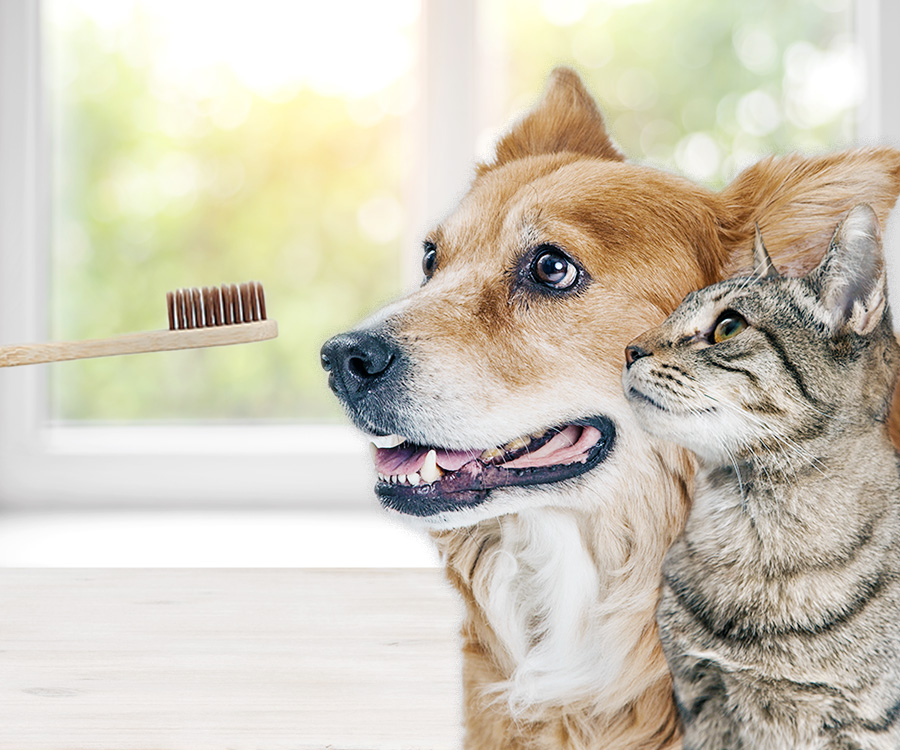
Your pets' dental health is key to their overall well-being.
Understanding the Significance of Pet Dental Health
Dental issues such as plaque buildup, gum disease, and tooth decay can be painful, and even lead to tooth loss. More critically, untreated dental problems can lead to bacterial infections, impacting other organs and resulting in severe health complications.
However, with proper care, dental diseases in pets are often preventable. You can safeguard your pet's dental health through daily brushing, regular veterinary check-ups, and the incorporation of dental treats or toys.
Pet Dental Health Tips
To proactively manage your pet's dental health, we wanted to equip you with some valuable tips to maintain your pet's oral hygiene.
Spotting Dental Problems Early
Regularly inspect your pet's mouth for signs of dental issues. This allows you to catch potential issues early, facilitating prompt intervention by your veterinarian.
Recognizing and understanding the signs of dental problems is crucial. For example,
- Red or swollen gums may indicate inflammation.
- Bad breath can be a sign of bacterial growth.
- Loose or missing teeth may suggest advanced dental issues.
- Excessive drooling may be caused by infections or abscesses.
- Difficulty eating may be a result of tooth decay or broken teeth.
- Changes in behavior can signal pain or discomfort.
DIY Pet Dental Care for Your Furry Friend
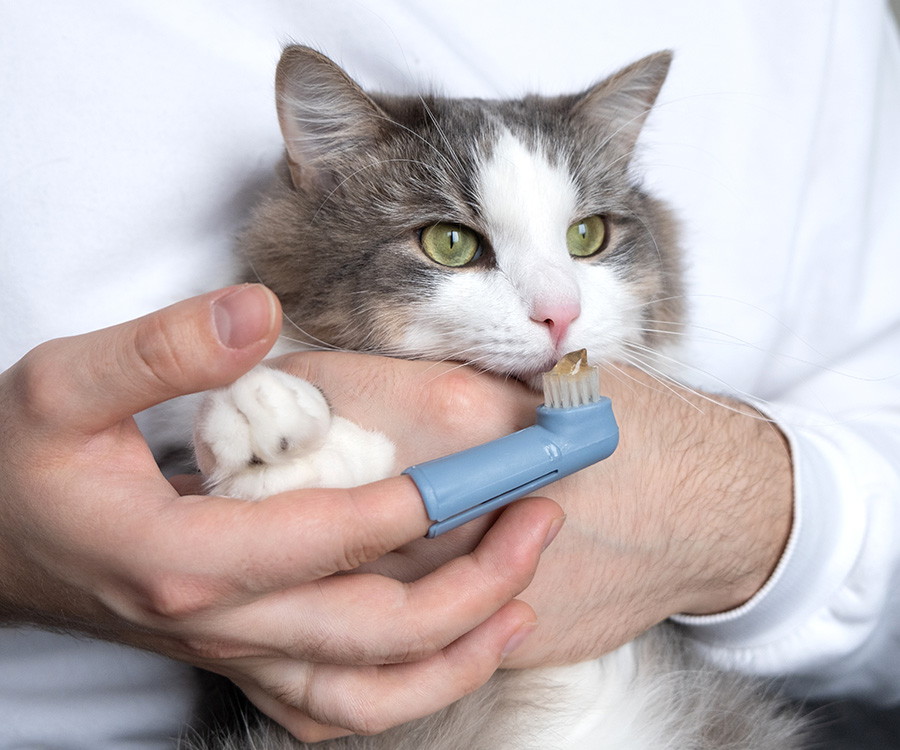
Introduce your pet to brushing using a pet-friendly toothbrush and toothpaste specially made for pets.
Consistency is key, so make pet dental care a positive and regular part of your pet's routine. Here are some steps to maintain your pet's dental health at home:
- Introduce Regular Brushing. Start by introducing your pet to brushing using a pet-friendly toothbrush. Use gentle circular motions, focusing on the gum line. Aim to brush your pet's teeth 2-3 times a week to prevent plaque buildup.
- Use Pet Toothpaste. When introducing brushing, it's crucial to use toothpaste specially formulated for pets, because human toothpaste can harm them. Begin the process gradually so your pet can get used to the toothbrush and the sensation of brushing. You can use treats for positive reinforcement to make it a more rewarding experience.
- Choose Dental Treats Wisely. Pick dental treats that promote oral health. Some treats are designed to address specific issues, such as reducing tartar or freshening breath. These items encourage chewing, aiding in plaque removal and gum stimulation. Look for dental treats with ingredients like chlorhexidine or hexametaphosphate, known for their plaque-fighting properties.
- Pick Toys Intentionally. Dental toys with textures can provide additional benefits by massaging gums and promoting saliva production. Pick dental toys based on your pet's size, preferences, and specific dental needs.
Professional Dental Care for Your Furry Friends
Professional dental care is an important part of ensuring your pet's dental health. Veterinary dentists have the expertise to diagnose, treat, and prevent oral diseases in animals. Professional pet dental care includes:
- Dental Cleaning. Veterinary dentists perform dental cleaning to remove plaque and tartar, preventing gum disease and tooth decay. Dental cleaning is often performed under anesthesia to ensure a thorough examination and cleaning. It involves scaling to remove visible plaque and tartar, as well as subgingival scaling to address hidden issues below the gum line. Polishing the teeth after scaling helps smooth the tooth surface, reducing the likelihood of plaque adherence.
- Tooth Extraction. In cases of severely damaged or infected teeth, tooth extraction may be necessary to maintain your pet’s oral health overall. Tooth extraction is considered when a tooth is beyond repair due to advanced decay, trauma, or infection. Veterinary dentists carefully evaluate the necessity of extraction, considering the impact on your pet's overall well-being. After extraction, proper aftercare and potential dietary adjustments may be recommended.
- Regular Dental Check-ups. Periodic dental check-ups for your pet with your veterinarian are essential for early detection of dental problems. They allow for timely intervention and treatment and can prevent further complications. A regular check-up typically involves an oral examination, X-rays, and evaluation of the entire oral cavity. Check with your vet how often your pet needs a dental exam.
Dental Care for Senior Pets
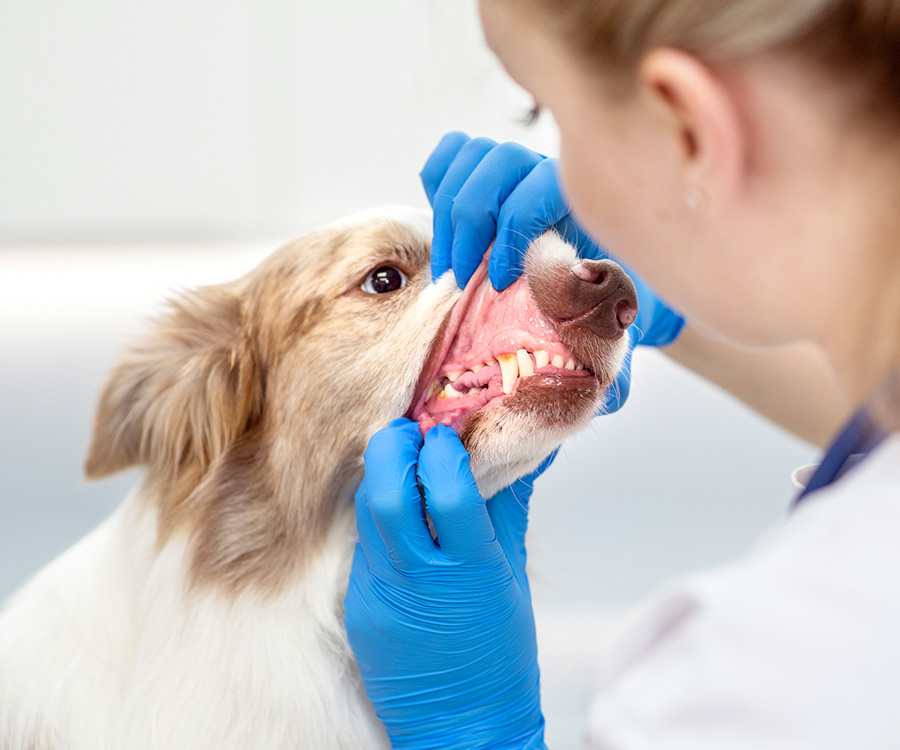
Older pets may be more susceptible to dental issues, so regular dental check-ups are even more crucial.
As pets age, their dental needs may evolve. Older pets may be more susceptible to dental issues, including periodontal disease and tooth decay. Regular dental check-ups become even more crucial during their senior years. They can help monitor and address any changes, with recommendations for professional cleanings, dental diets, or dental rinses to maintain oral health. Your veterinarian may recommend specialized dental diets to address age-related concerns or dental rinses to promote oral health.
Maintaining Good Oral Hygiene for Your Pet
By incorporating these tips into your routine, you can ensure your pet's dental health is prioritized, leading to a healthier, happier companion with a healthy smile.



